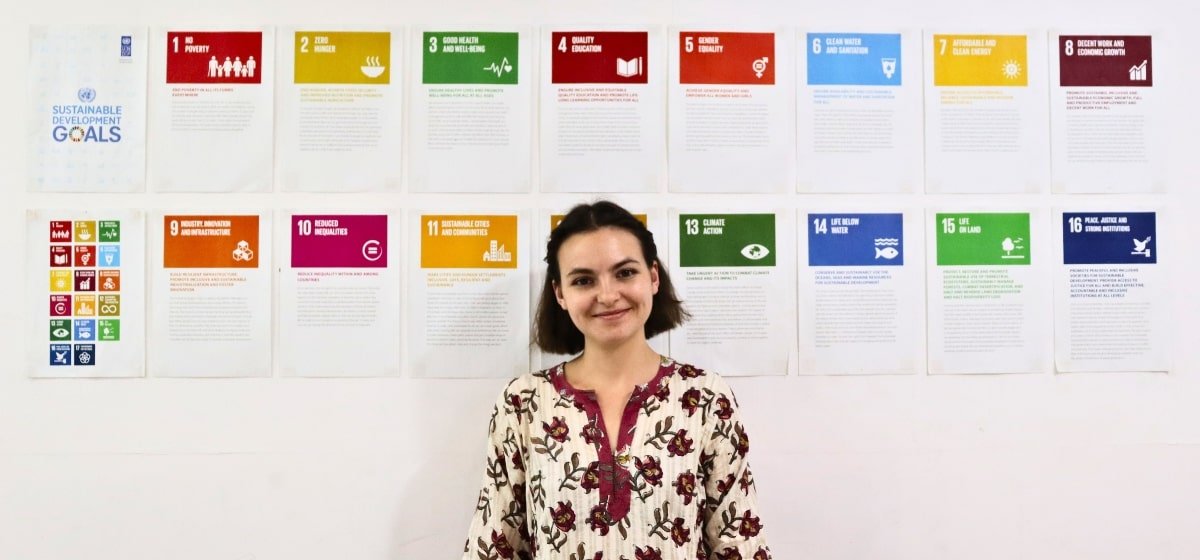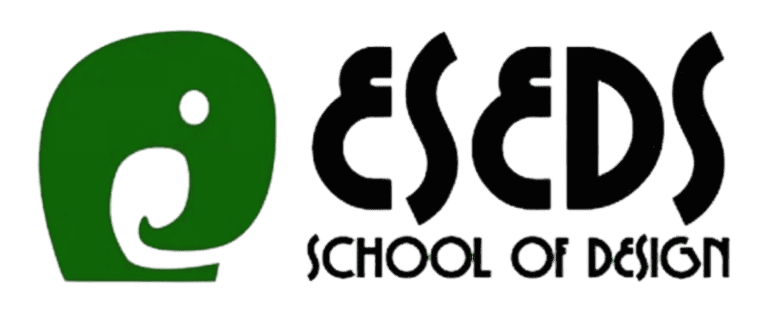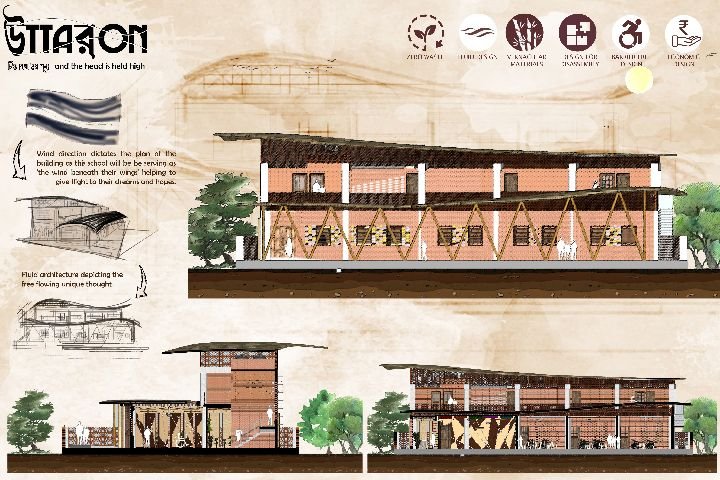SUSTAINABILITY & ETHICAL FOCUS

ESEDS School of design aims towards an ethical Fashion System for the forthcoming future. ESEDS provides a unique curriculum for fashion and interior with the main focus on sustainability. Our curriculum trains students to become flag bearers of sustainability.
HERE IS WHAT WE STRONGLY BELIEVE IN
Energy & Water Efficiency
To reduce environmental impact, one has to think about consumption of natural resources. It is about consciously managing those resources as efficiently as possible. If we manage to work on this path, we can help limit environmental impact including climate changes.
Chemical Management
Around 8,000 synthetic chemicals are used in the fashion, textile and footwear industry. Excess apparel production to meet the needs of consumers causes immense amounts of air, land to water pollution. Now is the time to take the chemical pollution seriously.
Pollution Reduction
How do your procedures maintain the purity of our air and water?
All links in the supply chain are affected by pollution, which affects the air, land, and water. For instance, the dyeing and processing of textiles is responsible for 20% of the world’s industrial water pollution. Are you keeping track of the emissions that come from your manufacturing procedures or that are caused by your goods? What steps are you taking to lessen them?
Source- Common Objective
Being the flagbearer of sustainability ESEDS School of design encourages all our students to ask questions like:
Does your production process reduce waste? What recycling/upcycling/circular approaches do you use?
Recycling is the process of preparing used or waste materials for reuse rather than disposal. This may cause fabrics to lose quality or necessitate having materials recycled into something new (e.g., turning old clothes into new fiber). Through upcycling, a product or substance is reused without sacrificing its quality or composition for a subsequent application.
A circular economy, as opposed to a linear economy (make, use, dispose), states that items are created with the idea of being reused in the future.
Source- Common Objective
Organic Materials
How do you use organically grown fibers?
Our natural environment and the farmers who grow crops, primarily cotton for the fashion industry, are both impacted by the pesticides and insecticides employed in their growth.
Are you using organically grown cotton or other fibers? Do you have a plan to increase your use of these? Are you a 100% organic brand or manufacturer?
Are the questions one must ask for the betterment of our environment.
Here are Few Environmentally Friendly Materials
In addition to fibers produced organically, there are more and more eco-friendly substitutes for traditional textile fibers and components. These include new cellulosics made from waste materials, closed-loop and/or more sustainably produced cotton (BCI, CmIA), recycled and alternative fibers (such as hemp, nettle), and many others.
Source- Common Objective
Craftsmanship and cultural traditions support local economies and can have less of a detrimental social and environmental impact than mass-produced goods. The resurrection of ancient crafts and skills benefits informal workers, many of whom are homemakers and are frequently women.
For product parts or finishing, think about sourcing from craftspeople, many of whom now do direct internet business. Handcrafts like spinning, weaving, and finishing can flourish if this is done.
Source- Common Objective
Prefabricated and modular construction is the production of components in factories that are then transported to the final location and assembled onsite. These methods are preferred because Quality control is ensured since production takes place in a controlled environment, the cost is dramatically lesser and the rate of production is faster leading to 30-50 percent faster.
At ESEDS we make our students aware of such technologies and the environmental benefits derived from these techniques and technologies.
At ESEDS we teach our students about life cycle analysis of materials and the impacts of different materials on environments. We encourage students to research alternative and innovative materials for their projects and analyze the carbon footprints for the same to help them make conscious educated decisions in future.
We are unique and visionary boutique school of contemporary ethical design based in Kolkata, India. The school has an ethical ethos as its core value, offering a range of design programmes of study to students of various levels preparing them for industry and/or further study internationally as well as in India.
We believe that designers play a massively important role in our world now and more importantly in its future, which is why we don’t believe in just contemporary design, we believe in ethical and sustainable design and production.
The school is structured on a contemporary international concept, while encompassing the cultural identity of Kolkata and West Bengal, providing students with an internationally standardized range of courses, with a holistic foundation to work within and for an ethical and more sustainable creative industries nationally as well as internationally.
A PLACE WHERE CREATIVITY SUSTAINABILITY GO HAND IN HAND
ESEDS has teamed up with Techno India University to develop our internationally recognised courses. We are proud to offer our newly developed set of undergraduate and programmes at our new international design center.



